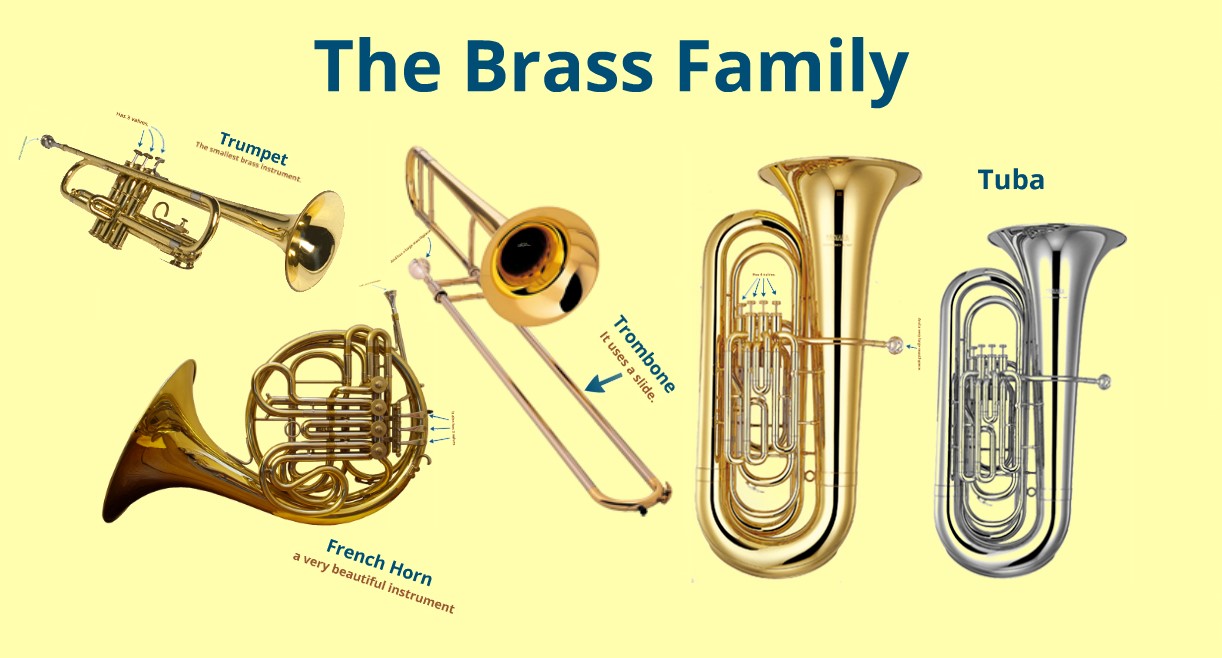Classical Music for Reading: Enhancing Concentration and Focus
Classical music has long been associated with enhancing focus and concentration, making it a popular choice for reading. Many studies have shown that listening to classical music can improve cognitive function, reduce stress, and promote relaxation, all of which are essential for effective reading.
Here are some reasons why classical music can be beneficial for reading:
- It creates a calming and focused atmosphere. The slow tempo, regular rhythms, and complex harmonies of classical music can help to create a sense of calm and focus, which can be conducive to reading.
- It reduces stress and anxiety. Studies have shown that listening to classical music can reduce levels of cortisol, a hormone that is associated with stress. This can help to improve your mood and make it easier to focus on your reading.
- It improves cognitive function. Research has suggested that listening to classical music can enhance cognitive function, including memory, attention, and problem-solving skills.
- It promotes creativity. Some studies have found that listening to classical music can enhance creativity and divergent thinking, which can be helpful for reading comprehension and critical thinking.
Choosing the Right Music
Not all classical music is created equal. Some pieces are more upbeat and energizing, while others are more calming and relaxing. It’s important to choose music that matches your mood and the type of reading you’re doing.
For example, if you’re reading a challenging book or article, you may want to choose a piece of music that is upbeat and energizing, such as Mozart’s Symphony No. 40. If you’re reading for pleasure or relaxation, you may want to choose a piece that is more calming and reflective, such as Bach’s Prelude No. 1 in C major.
Tips for Using Classical Music for Reading
- Find a quiet and comfortable place to read.
- Choose music that you enjoy and find relaxing.
- Avoid listening to music that is too loud or distracting.
- Take breaks from listening to music every 20-30 minutes.
- Focus on your reading, but let the music play in the background.
By following these tips, you can use classical music to improve your focus, concentration, and overall reading experience.
Additional Resources
- The 10 Best Classical Pieces for Studying [invalid URL removed]
- Why Classical Music Helps You Study [invalid URL removed]
- Does Classical Music Improve Academic Performance? [invalid URL removed]



